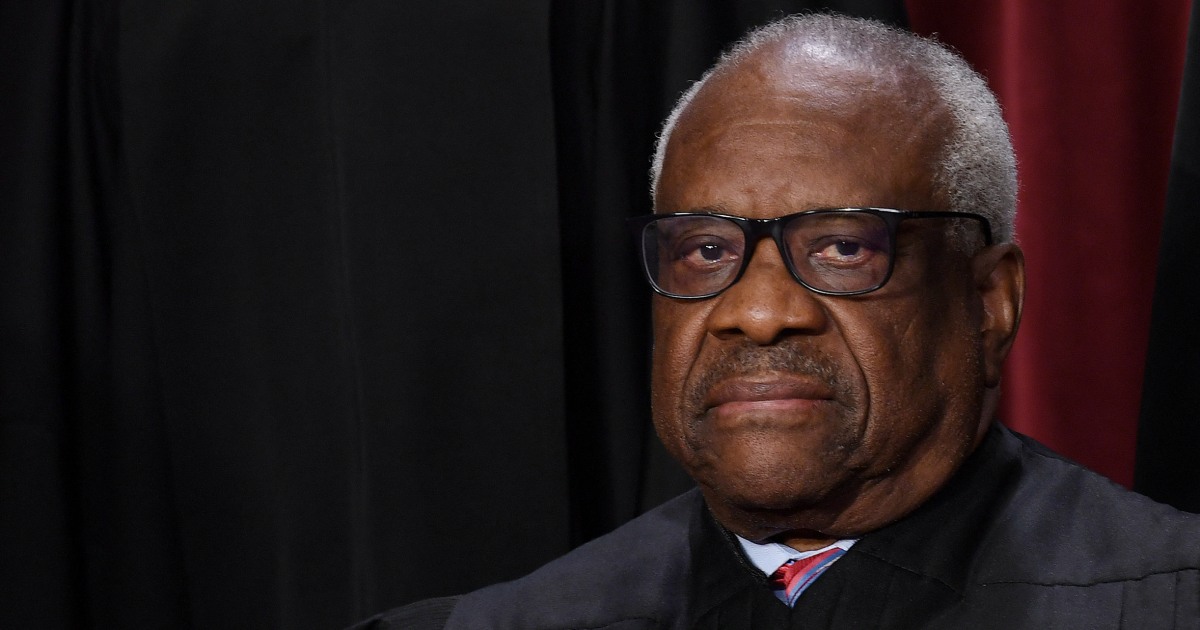88m3
Fast Money & Foreign Objects
Court Says A Potentially Innocent Man May Be Executed Because ‘Law Favors… Finality Of Judgment’
BY IAN MILLHISER SEP 28, 2015 4:14PM
SEP 28, 2015 4:14PM

CREDIT: AP PHOTO/SUE OGROCKI, FILE
Barring extraordinary events, Richard Glossip will be executed on Wednesday, despite deep uncertainty about whether he is actually guilty of the crime that led to his murder conviction. Glossip was convinced largely on the testimony of Justin Sneed, who claimed that Glossip hired him to kill their boss. Since then, however, Sneed has bragged about setting up Glossip to save his own life. A recording also reveals Sneed bargaining with a detective to reduce his own sentence in return for implicating Glossip.
Though the Oklahoma Court of Criminal Appeals, the state’s highest court for criminal law matters, briefly stayed Glossip’s execution a little less than two weeks ago, a majority of the court held on Monday that Glossip’s execution may move forward. “We find that the law favors the legal principle of finality of judgement,” Judge David Lewis wrote in an opinion emphasizing several legal rules that erect barriers to people seeking post-conviction relief. In a separate concurring opinion, Judge Robert Hudson notes that a statement from another inmates revealing that Sneed bragged about framing Glossip is hearsay, and therefore has very limited value in court.
These are not frivolous arguments, at least for judges applying existing law. Once a criminal defendant is convicted of a crime, the law’s presumptions shift to make it very difficult to challenge that conviction.
Nevertheless, in a dissent, Presiding Judge Clancy Smith argued that her court should have treated this case differently. “While finality of judgment is important,” she wrote, “the State has no interest in executing an actually innocent man.”
Court Says A Potentially Innocent Man May Be Executed Because ‘Law Favors… Finality Of Judgment’
religion is just
BY IAN MILLHISER
 SEP 28, 2015 4:14PM
SEP 28, 2015 4:14PM
CREDIT: AP PHOTO/SUE OGROCKI, FILE
Barring extraordinary events, Richard Glossip will be executed on Wednesday, despite deep uncertainty about whether he is actually guilty of the crime that led to his murder conviction. Glossip was convinced largely on the testimony of Justin Sneed, who claimed that Glossip hired him to kill their boss. Since then, however, Sneed has bragged about setting up Glossip to save his own life. A recording also reveals Sneed bargaining with a detective to reduce his own sentence in return for implicating Glossip.
Though the Oklahoma Court of Criminal Appeals, the state’s highest court for criminal law matters, briefly stayed Glossip’s execution a little less than two weeks ago, a majority of the court held on Monday that Glossip’s execution may move forward. “We find that the law favors the legal principle of finality of judgement,” Judge David Lewis wrote in an opinion emphasizing several legal rules that erect barriers to people seeking post-conviction relief. In a separate concurring opinion, Judge Robert Hudson notes that a statement from another inmates revealing that Sneed bragged about framing Glossip is hearsay, and therefore has very limited value in court.
These are not frivolous arguments, at least for judges applying existing law. Once a criminal defendant is convicted of a crime, the law’s presumptions shift to make it very difficult to challenge that conviction.
Nevertheless, in a dissent, Presiding Judge Clancy Smith argued that her court should have treated this case differently. “While finality of judgment is important,” she wrote, “the State has no interest in executing an actually innocent man.”
Court Says A Potentially Innocent Man May Be Executed Because ‘Law Favors… Finality Of Judgment’
religion is just



 while this dude is getting killed on questionable evidence
while this dude is getting killed on questionable evidence 


